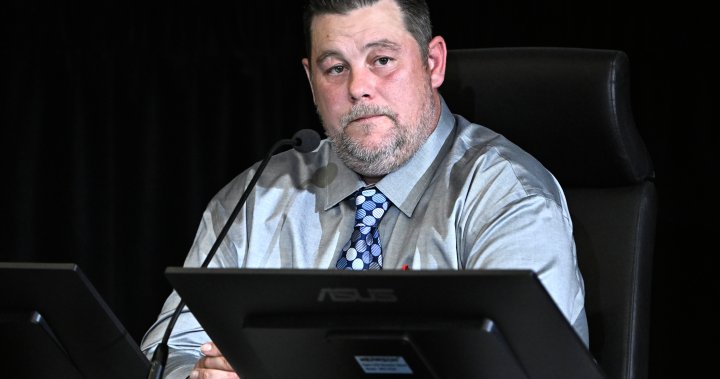The upcoming criminal trial of Pat King, a prominent figure associated with the 2022 Freedom Convoy protest in Ottawa, is set to begin. King was one of the original organizers of the protest, which brought thousands of big-rig trucks and vehicles to Ottawa to protest COVID-19 public health measures and criticize Prime Minister Justin Trudeau and his government. The protest, which lasted for weeks, saw demonstrators block intersections, set up encampments, and create a chaotic atmosphere in the city’s downtown core. Many residents and businesses described the protest as a lawless occupation of the capital, leading to unease and disruptions in the area.
Throughout the protest, King was vocal and documented his experiences through frequent livestreams on social media. Many of these videos are expected to be used as evidence during his criminal trial. King faces charges of mischief, counselling others to commit mischief, disobeying a court order, and obstructing police for his involvement in the demonstration, which ultimately ended in a large police operation to remove protesters. The federal government also invoked the Emergencies Act in an attempt to clear the streets of protesters. King was arrested on the same day the police operation began and was held in jail for five months before being granted bail and returning to Alberta.
The Ontario Superior Court has allocated three weeks to hear evidence and arguments in King’s case. The trial will likely delve into King’s role in organizing and participating in the Freedom Convoy protest, as well as his interactions with law enforcement during the demonstration. The outcome of the trial could have far-reaching implications for others involved in the protest and may establish legal precedents for future cases involving similar protests or demonstrations. The case has garnered significant attention and scrutiny, as it represents a clash between government authority and individuals exercising their right to protest.
The trial of Pat King is expected to shed light on the legal consequences of participating in large-scale protests and demonstrations that involve civil disobedience and confrontation with law enforcement. The case will explore the boundaries of free speech, the right to protest, and the limits of peaceful assembly. It will also examine the responsibilities of protest organizers and participants in ensuring the safety and well-being of the public and the protection of public and private property. The trial may provoke discussions about the balance between individual liberties and public order, as well as the role of the government in regulating and managing protests that have the potential to disrupt public life.
As the trial unfolds, it will provide insight into the events surrounding the Freedom Convoy protest in Ottawa in 2022, including the motivations of the participants, the reactions of the government and law enforcement, and the impact on the local community. The proceedings will offer a platform for different perspectives on the protest and its implications for Canadian society, politics, and governance. The outcome of the trial will shape the narrative around the protest and its aftermath, influencing public discourse on issues such as civil liberties, public health measures, government accountability, and the rights of protesters. Ultimately, the trial of Pat King will serve as a precedent-setting case that may inform future legal proceedings involving similar protests and demonstrations in Canada.


